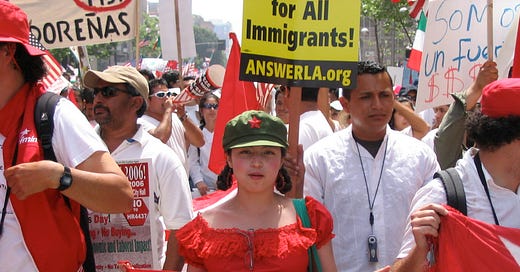Cover page | Preface | Introduction 1 | Introduction 2 | Introduction 3 |
(Part I) Why: 1.0 | 1.1 | 1.2 | 1.3 | 1.4 | 1.5 | 1.6 | 1.7 | 1.8 | 1.9 | 1.10 | 1.11 | 1.12 | 1.13 | 1.14 | 1.15 | 1.16 | 1.17 | 1.18 | 1.19 | 1.20 | 1.21 |1.22
(Part II) What: 2.0 | 2.1 | 2.2 | 2.3 | 2.4 | 2.5
Chapter 2.5: Relationship to the State, 3
Keep reading with a 7-day free trial
Subscribe to The Freedom Scale to keep reading this post and get 7 days of free access to the full post archives.



